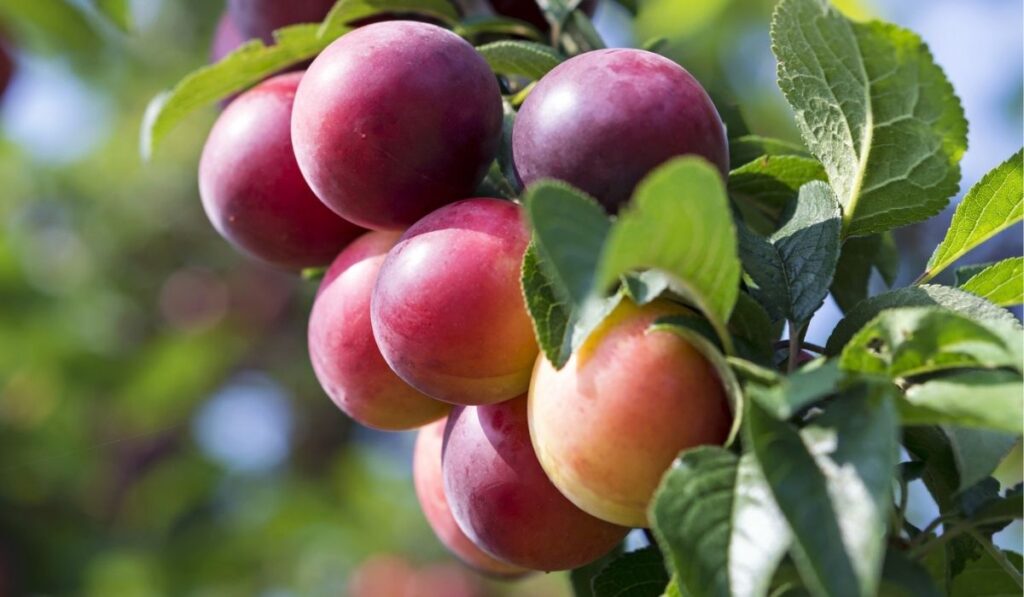Pawpaw, also known as papaya, is a highly valued tropical fruit in Kenya. It thrives in warm, humid areas and is loved both locally and abroad for its sweet taste and health benefits.
To grow strong trees and harvest quality fruits, one key factor is choosing the right fertilizer. This guide explores everything Kenyan farmers need to know about fertilizing pawpaw, including the nutrients it needs, the best fertilizers to use, and tips to boost yields.

Why Fertilizer Matters In Pawpaw Farming In Kenya
Pawpaw farming in Kenya can be highly profitable when done right. One of the most important decisions is how you feed your trees. Fertilizer provides essential nutrients that support root development, leafy growth, flowering and fruiting.
Without the right fertilizer, pawpaw trees may grow slowly, produce fewer fruits or suffer from nutrient deficiencies. That’s why understanding the plant’s needs and choosing the correct fertilizer is the foundation of a successful harvest.
Nutrients Pawpaw Needs To Thrive
Pawpaw trees need three main nutrients:
Nitrogen (N) – Boosts leafy growth and plant vigor
Phosphorus (P) – Supports root development and flowering
Potassium (K) – Helps in fruit development, water regulation, and disease resistance
They also require:
Secondary nutrients – Calcium (Ca), Magnesium (Mg), Sulfur (S)
Micronutrients – Iron (Fe), Zinc (Zn), Manganese (Mn), Boron (B), Copper (Cu), Molybdenum (Mo)
A healthy pawpaw tree requires all these nutrients in the right balance.
Key Factors When Choosing Fertilizer
Before applying fertilizer, here are things to consider:
Soil testing – Always test the soil to know what nutrients are missing or excessive
Balanced nutrients – Select a fertilizer that matches your soil’s needs
Correct rates – Apply the right amount based on tree age and growth stage
Timing – Apply during early growth and continue through fruiting stages
Application method – Spread around the root zone without touching the trunk
Best Fertilizers for Pawpaw Farming In Kenya
Several types of fertilizers can support pawpaw farming in Kenya. Below are the most effective ones:
NPK Fertilizers
Use NPK 10:26:10 during planting to support early root growth and flowering. After the tree establishes, switch to NPK 10:10:10 for balanced growth.
Nitrogen (10%) – Promotes healthy leaves and shoots
Phosphorus (26%) – Strengthens roots and supports flowering
Potassium (10%) – Enhances fruit quality and disease resistance
Diammonium Phosphate (DAP)
DAP contains 18% nitrogen and 46% phosphorus. It is ideal during planting when the tree needs strong root growth and early flower formation.
Use DAP only when a soil test confirms phosphorus deficiency.
Urea
Urea has high nitrogen content. It helps during the vegetative stage but should be used sparingly.
Too much nitrogen can lead to lush leaves but poor fruiting. Apply moderately and avoid during the flowering stage.
Folia Fertilizers
These are liquid fertilizers sprayed directly onto the leaves. They are useful for quickly correcting micronutrient deficiencies.
Apply when leaves show signs of lack in elements like zinc, iron, or manganese. Foliar feeds are absorbed faster than soil applications.
Potassium Sulfate
Also known as Sulphate of Potash, this fertilizer is rich in potassium. It supports strong fruit development and disease resistance.
It’s especially useful during fruiting stages to boost fruit size and quality.
Organic Fertilizers
Compost – Improves soil health, boosts fertility, and supports slow, steady nutrient release.
Well-rotted manure – Provides a natural mix of NPK and micronutrients. Apply around the base during planting and later as a top-dress.
Organic fertilizers also improve soil structure and moisture retention, ideal for sustainable farming.
How To Fertilize Pawpaw The Right Way
Follow these steps to get the best results from your fertilizers:
Apply during active growth – Early rainy season is the best time
Use balanced fertilizer – NPK 10:10:10 or compost works well
Spread around the drip line – Avoid contact with the trunk
Water after application – Helps nutrients reach the roots
Monitor regularly – Adjust the fertilizer type if needed
Tips To Speed Up Growth And Improve Fruit Size
Choose fast-growing varieties recommended for your region
Plant in full sun – 6–8 hours of direct sunlight daily
Use loamy, well-draining soil with pH 6.0–7.0
Water consistently – Keep soil moist but not waterlogged
Mulch to retain moisture and suppress weeds
Prune regularly – Remove weak branches and allow sunlight inside
Thin fruits to allow fewer but bigger fruits to develop
Pollinate manually if bees are scarce
Control pests and diseases early through regular inspection
Pawpaw farming in Kenya can be highly rewarding when farmers apply the right fertilizers and care for their trees consistently.
By combining soil testing, proper fertilizer application, and good farming practices, you can enjoy higher yields, better fruit quality, and long-term profits. Fertilizer is not just an input — it’s an investment in your farm’s future.











































